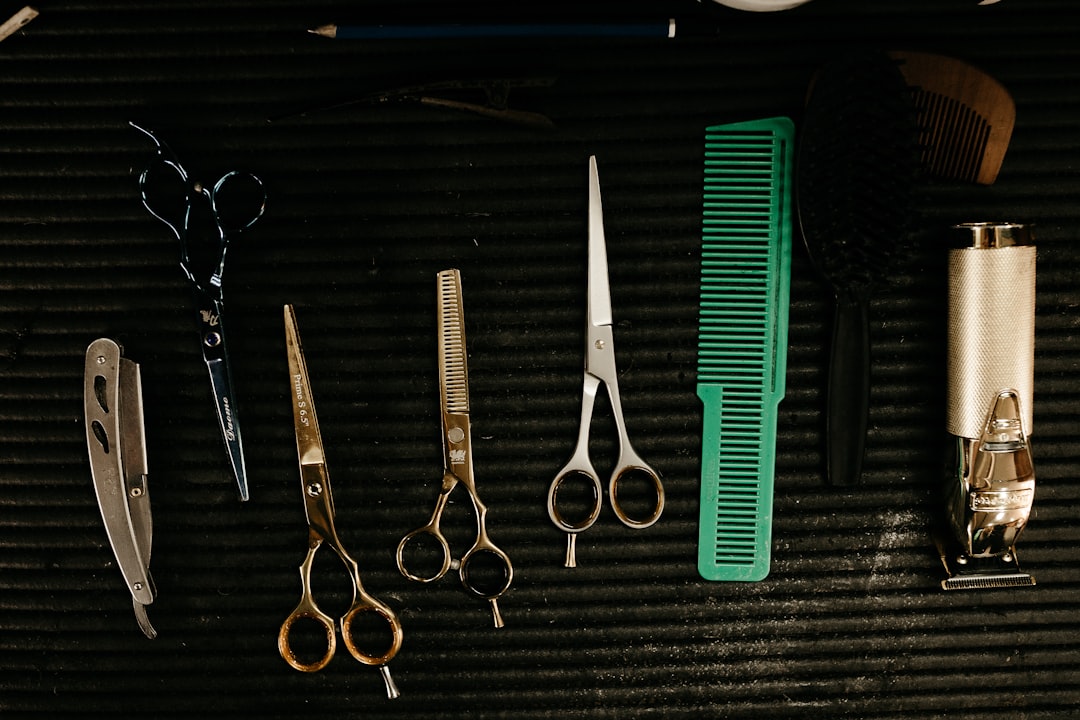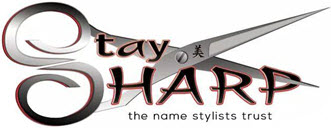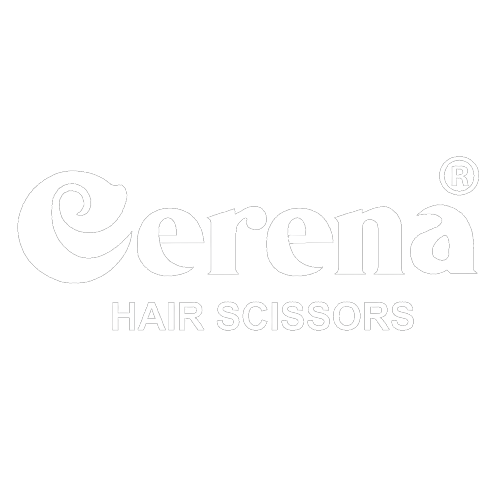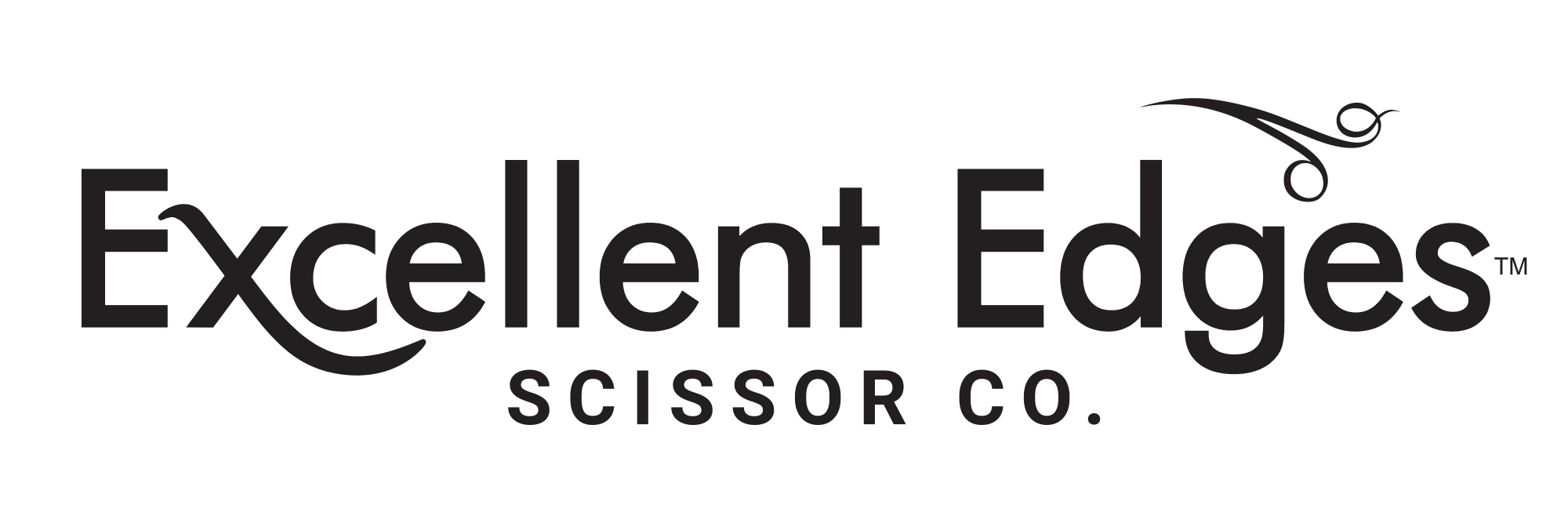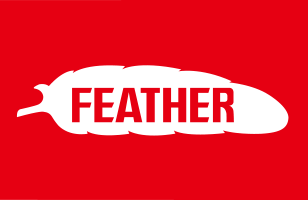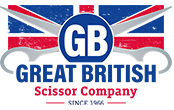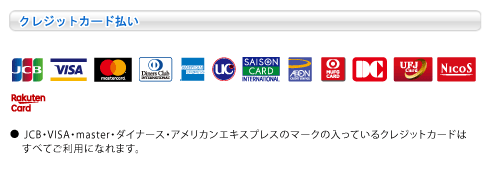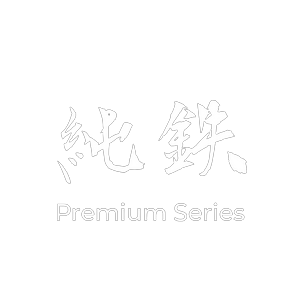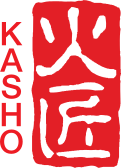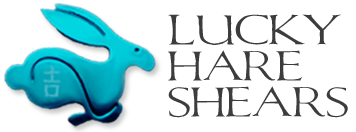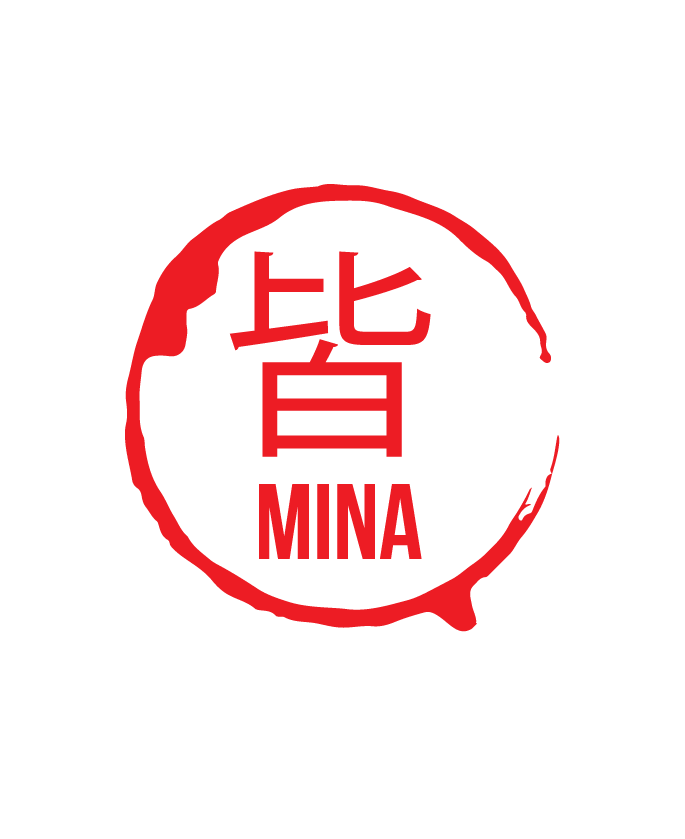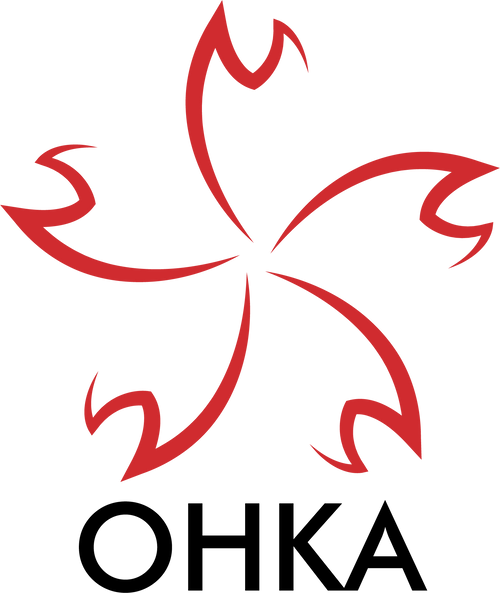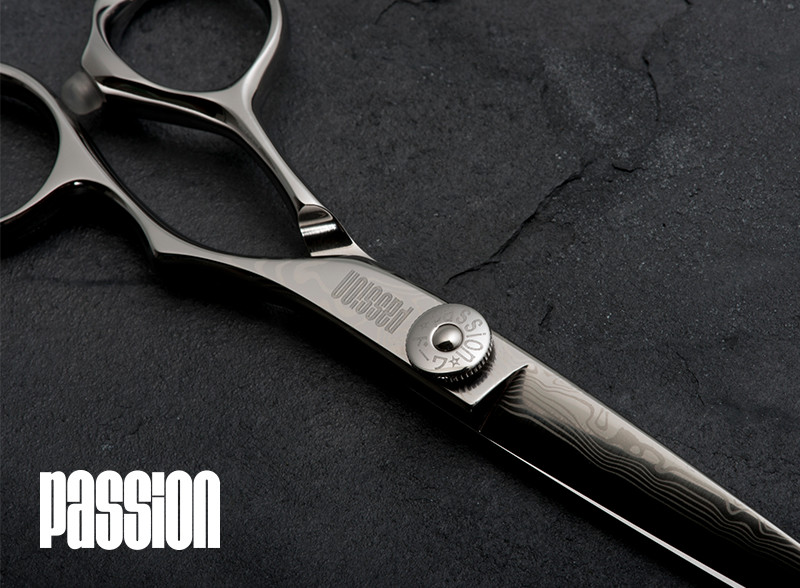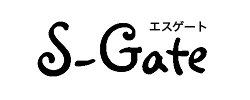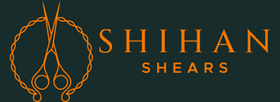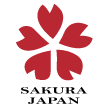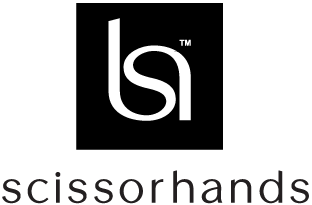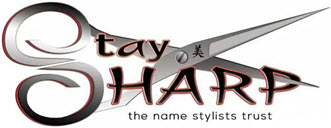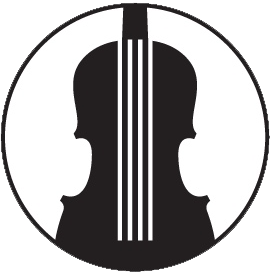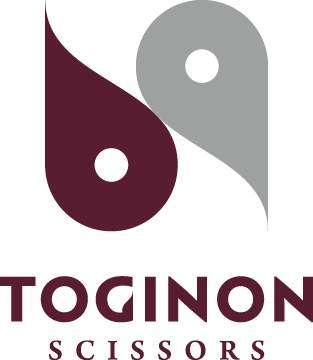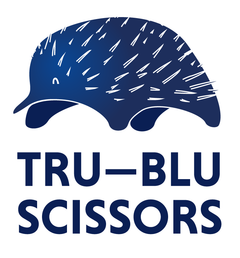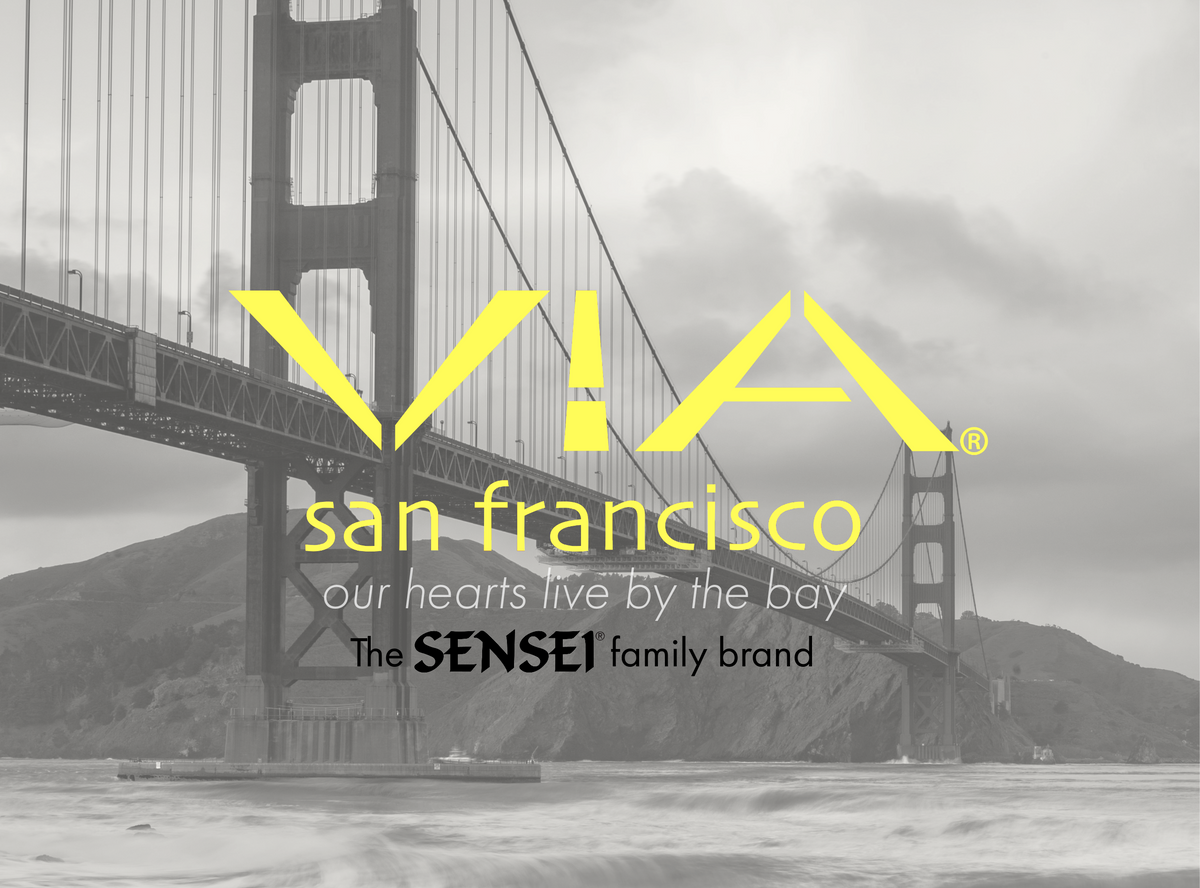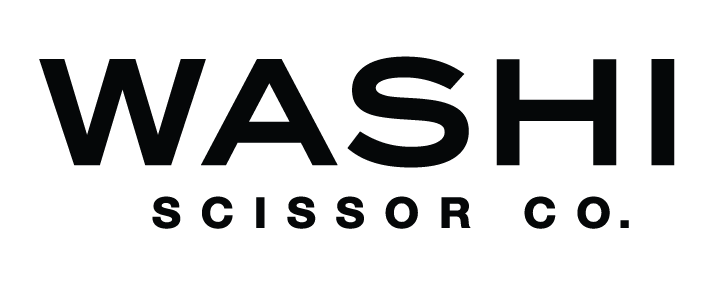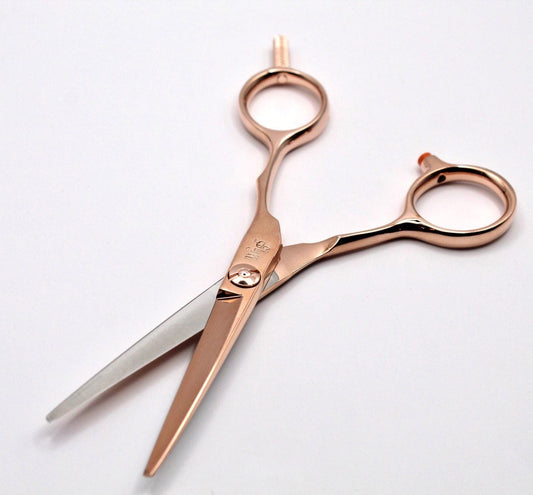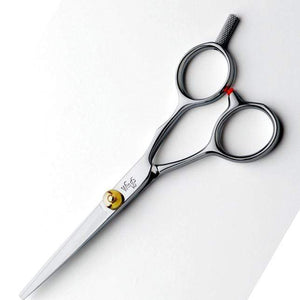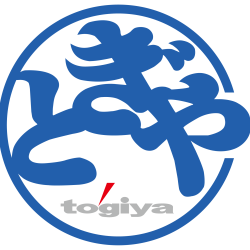Explore 217 Professional Hair Scissor Brands
Compare verified specs, craftsmanship, and price positioning across the global marketplace. Built for stylists who need trustworthy information before investing in their tools.
- 217 Brands Documented
- 12 Countries Represented
- 2 Profiles Verified
Photo: Vitor Monthay via Unsplash
How to use this directory
Search smarter: Use filters to focus on price tier, specialty, or origin. The list updates instantly, so you can shortlist brands that match your workflow.
Check the badge: Profiles marked “Verified” were confirmed against official sources within the last 12 months.
- Need true left-handed shears? Filter by specialty.
- Training apprentices? Start with price tiers 1–2.
- Prefer Japanese steel? Filter by country, then compare Where to Buy links.
What makes a great scissor? Metallurgy, grind, balance, and ergonomics—not inflated marketing claims. This index lets you compare brands on the details that actually affect performance and durability.
Japanese makers like Joewell and Yasaka are prized for precision convex edges. German manufacturers such as Jaguar deliver long-lasting bevels. Emerging Korean and U.S. brands innovate with swivel thumbs and hybrid steels for repetitive-strain relief.
Every profile is independent, free of affiliate deals, and backed by a research process that contacts manufacturers, verifies dealers, and cross-checks specifications.
Frequently Asked Questions About Scissor Brands
Japanese scissors typically feature harder steel (60-63 HRC), convex edges, and focus on sharpness and precision. They're lighter, requiring a more delicate touch. Think samurai sword philosophy—incredibly sharp but needs respect.
German scissors emphasize durability with slightly softer steel (56-58 HRC), often featuring beveled edges. They're workhorses—reliable, easier to maintain, and more forgiving. Perfect for high-volume work or rougher techniques.
Look for: Serial numbers on authentic models, authorized dealer verification, proper documentation, and realistic pricing. Red flags include prices 50%+ below market (real Mizutani never under $800), no brand history online, or sellers who can't specify steel type.
Community reports suggest 70-80% of scissors on general marketplaces are counterfeit. Always verify with the manufacturer's official dealer list before purchasing.
Most professionals use multiple brands for different techniques. Common combinations include Yasaka for precision work, Juntetsu for special occasions, and Jaguar for everyday reliability. The key isn't copying celebrities—it's finding what works for your hand and technique.
Professional insight: Focus less on celebrity endorsements and more on what experienced stylists in your specialty recommend. A colorist needs different tools than a barber.
Premium pricing reflects: Hand-forging processes (some requiring 90+ steps), limited production capacity (only 20 certified craftsmen worldwide for some brands), premium materials like nano powder metals, and extensive quality control.
Consider the math: A $1,500 scissor used daily for 20 years costs about 20 cents per day. Your morning coffee costs more. For professionals cutting 10+ clients daily, the performance difference can justify the investment.
This sparks debate in the community. Some brands are designed elsewhere but manufactured in Japan using authentic Japanese steel and techniques. Others are fully Japanese from concept to creation. Research each brand's specific story.
What matters more than origin story: steel quality, manufacturing standards, and performance. A well-made scissor using Japanese steel and techniques can perform excellently regardless of where it was designed.
Warranty offerings vary significantly. Some brands offer lifetime warranties including free sharpening, others provide 1-2 year coverage. Important: Warranties typically require purchase from authorized dealers and proper maintenance.
Read the fine print. "Lifetime" often (almost always) excludes damage from drops, improper sharpening, or neglect. The best warranty is proper daily maintenance preventing issues.
Look for forgiving brands offering good value: Yasaka's entry line, Jaguar Pre Style series, or Mina scissors. These provide professional quality without the premium price, allowing you to learn your preferences before major investment.
Avoid ultra-cheap scissors under $100—they'll frustrate you and potentially damage hair. Better to buy one good $200-300 pair than three terrible pairs.
Korean scissor manufacturing has improved dramatically. Many use the same steel sources as Japanese brands and offer similar performance at 30-40% lower prices. They're gaining acceptance in professional salons worldwide.
The gap is closing. While top-tier Japanese brands still lead in prestige and ultra-premium performance, Korean brands offer exceptional value for working professionals.
Premium Japanese brands like Mizutani, Hikari, and Juntetsu typically retain 60-70% value after 5 years if well-maintained. Vintage German brands often appreciate. Mass-market brands usually retain 20-30% value.
Factors affecting resale: condition, original documentation, purchase from authorized dealer, and model rarity. Limited editions and discontinued models can command premium prices.
Most professionals use 3-7 different scissors from various brands. Different techniques require different tools. You might prefer Yasaka for precision cutting, Ichiro for thinning, and Jaguar for bulk removal.
Brand loyalty has benefits (familiarity, consistent feel) but don't limit yourself. The best scissors for point cutting might come from a different manufacturer than your favorite for blunt cuts.
Understanding Scissor Brands
Regional Specialties
Japanese brands lead in precision and sharpness. German brands excel at durability. Korean brands are relatively new to the market. Chinese brands are often considered 'single use' but that really depends on the brand. American brands focus on ergonomics and innovation.
Price vs. Value
Entry-level: $100-300. Professional: $300-800. Premium: $800-1500. Ultra-luxury: $1500+. Remember: Expensive doesn't always mean better FOR YOU.
Brand Heritage
Some brands have 100+ year histories. Others launched last year. Age isn't everything—but established brands have proven track records and dealer networks.


